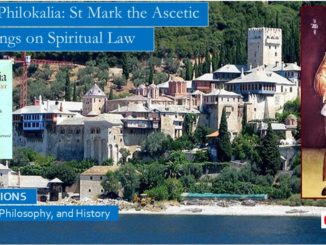
Vichy France, Blog 3, The Tide Turns, Resistance and Collaboration
Now that Russia was again an enemy of Germany, the Communists in France faced greater pressure, causing more Communists to join the Resistance which actively opposed the Germans and the Vichy French, and also greater cooperation between Catholics and Communists in France that would last into the post-war years. Terrorism and assassinations of German officials increased, and the Vichy officials were drawn into the struggle against the Resistance, which was now a civil war.
Now the Vichy officials heard a new excuse when they urged the Germans to see them as partners rather than as conquered, the Germans were now far too busy on the Eastern front to attend to matters in Europe, the French would have to wait until the end of the war to negotiate a permanent peace.
The German persecution of the Jews in France increased in 1942, Jews were required to wear yellow stars, and Himmler ordered that 100,000 Jews from all of France be deported to the Auschwitz death camps, foreign born Jews first. The Vichy officials offered token resistance.[3] This persecution extended to clergy who assisted the Jews, many French priests would be murdered in the Dachau concentration camp, many of the faithful would become martyrs in their defense of the Jews. One nun commented as she sent to the death camp in Ravensbruk, “I am leaving for Heaven.” […]






